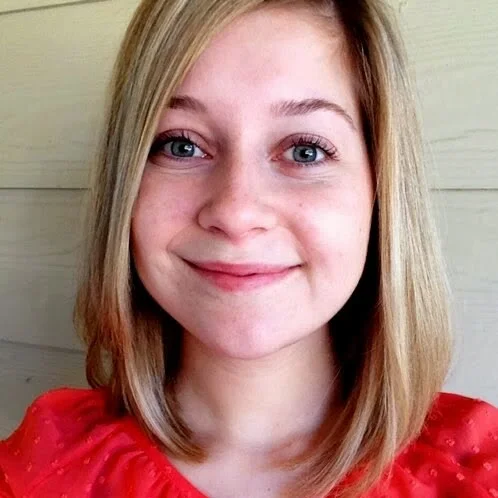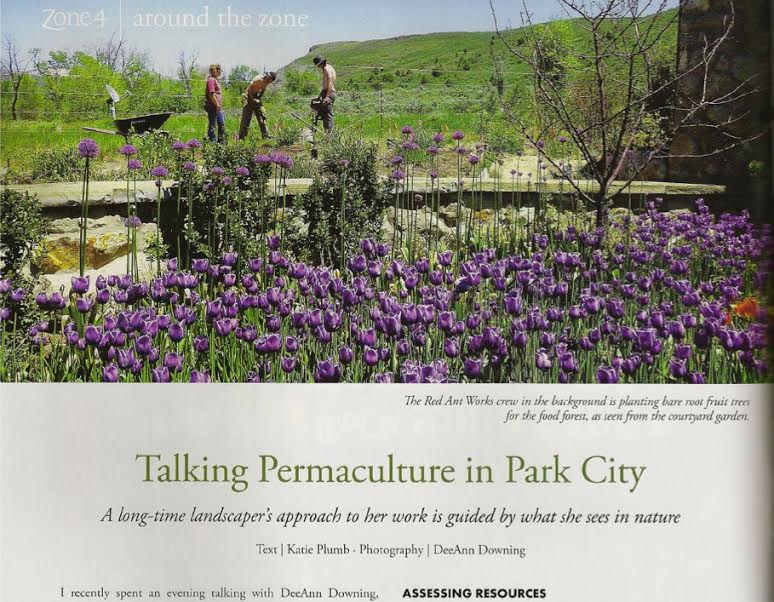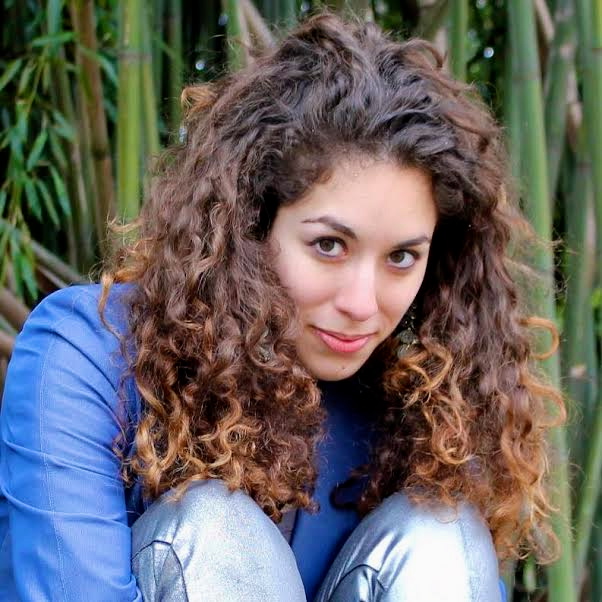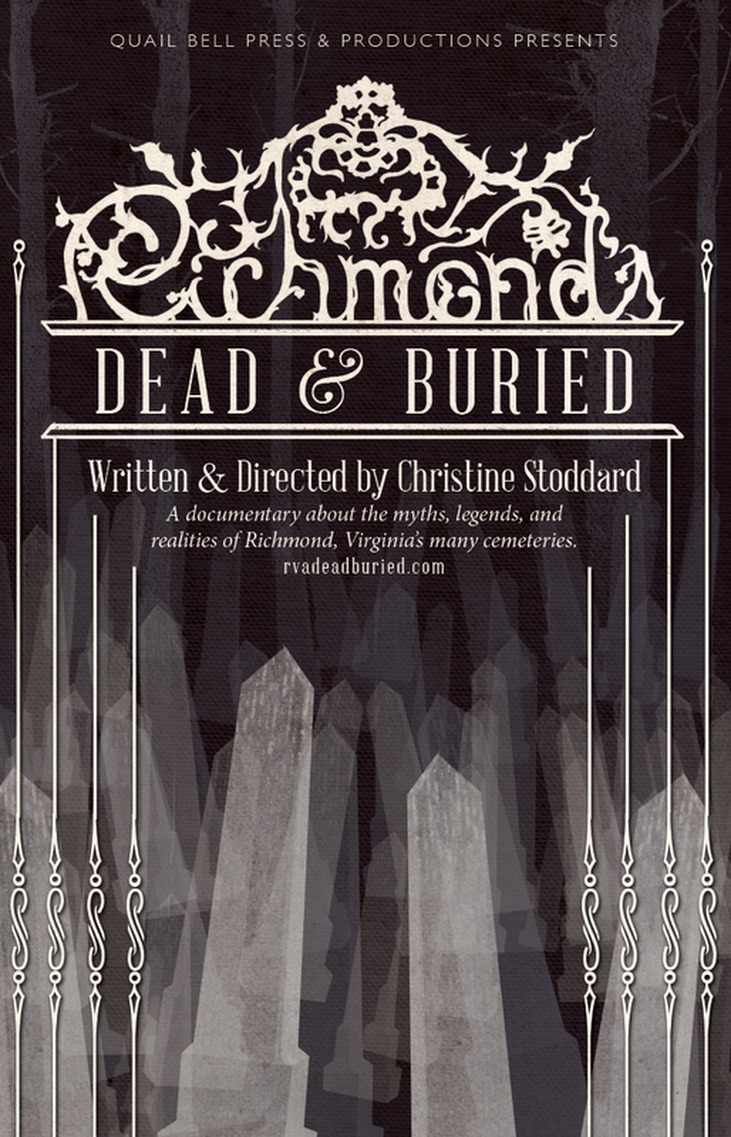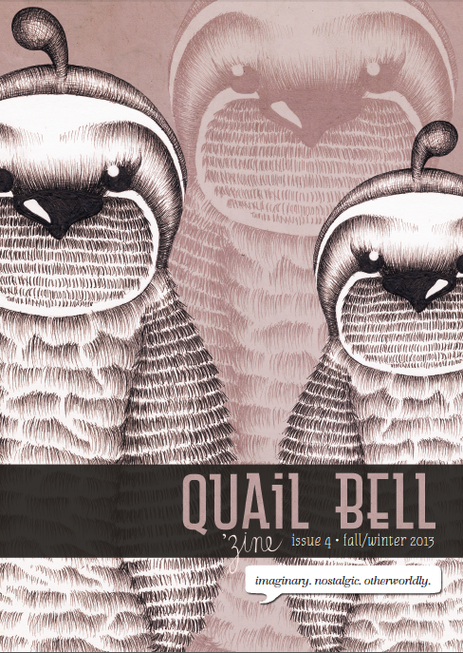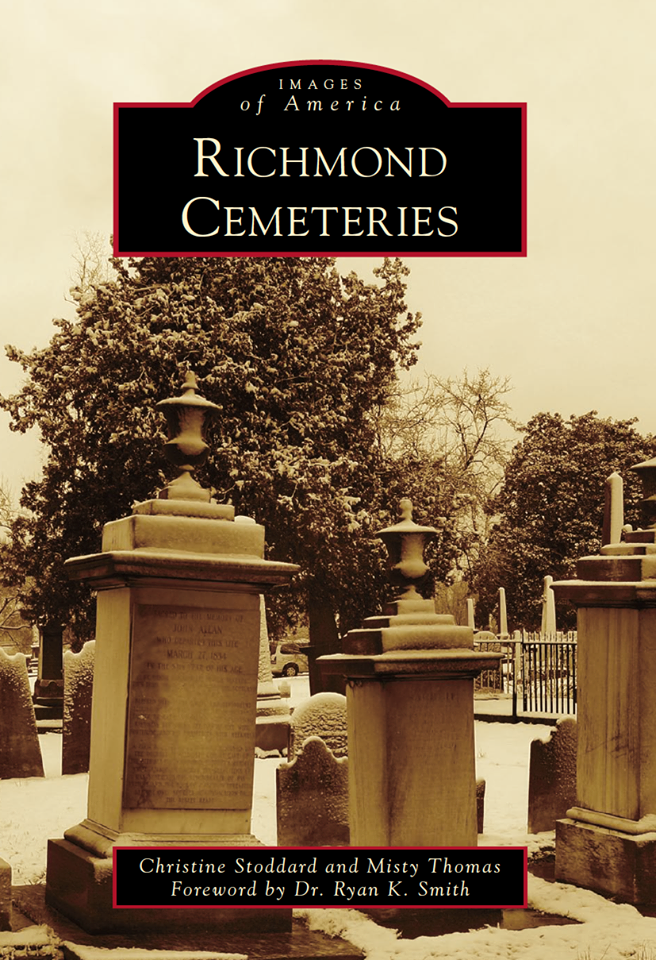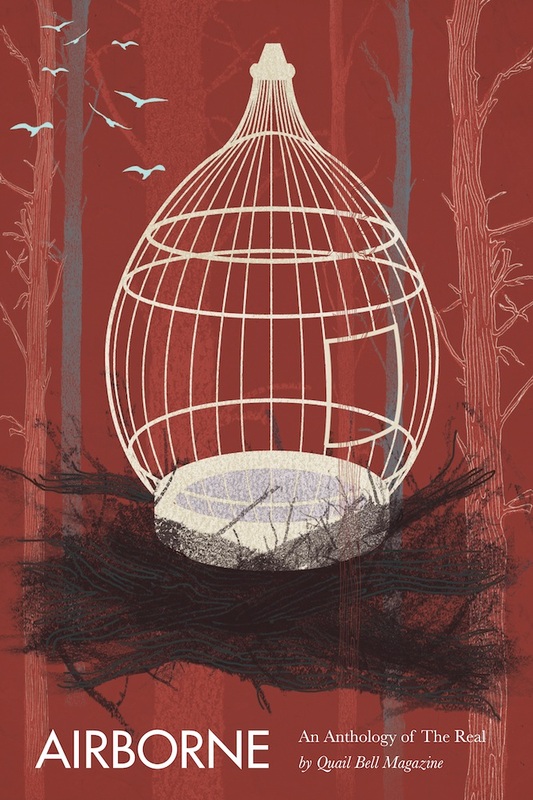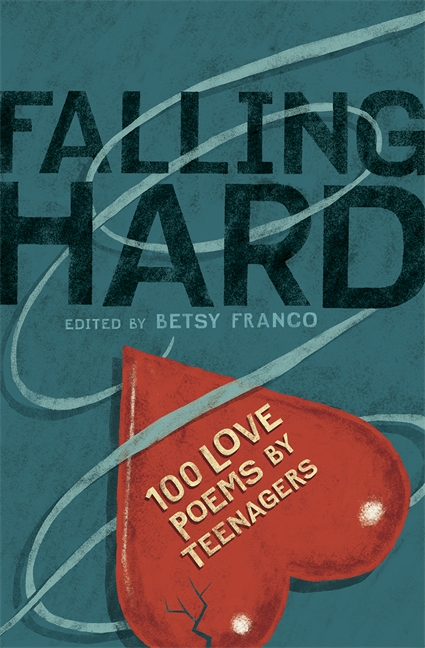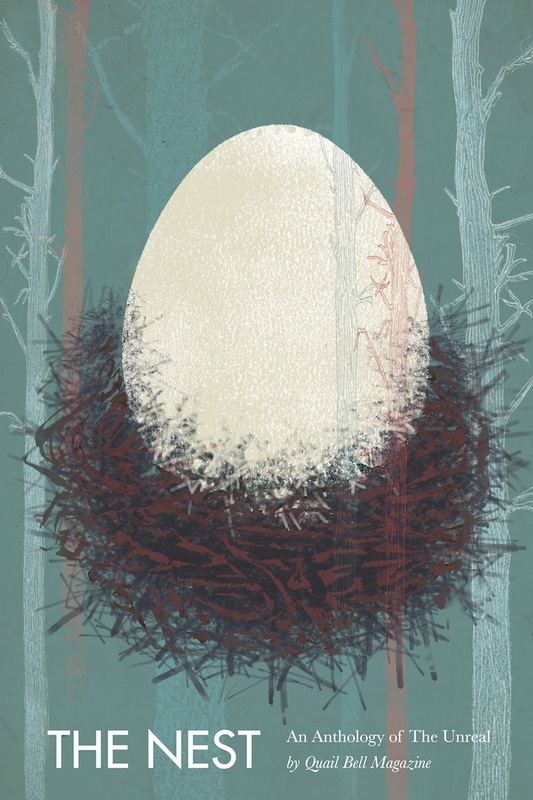Name: Dan Moyer Jr.
Age: 26
College & Majors/Minors: English, minor in Philosophy
Current Location: Los Angeles, CA
Current Form of Employment: Screenwriter
Where do you work and what is your current position?
Simply put: everything and anything. That’s what it takes to make a living as a freelance writer. Someone need a review written? I can do that. Need a product description for a catalogue? Sure, I can do that, too. Every job you get makes it easier to get the next one. Work your way up the ladder. I truly believe the adage: “Do what you have to, so you can do what you want to.” Living that way has taken me some pretty interesting places.
For example, I got to tour with one of Randy Jackson’s recording artists on Warped Tour in 2012. I lived on the bus, did a lot of partying and drinking with bands like Yellowcard and New Found Glory, and all I had to do was blog about our adventures. Basically, I got to live the Almost Famous life for 33 days. Now, I live in LA. I work from home, for myself, as a screenwriter. I’ve adapted novels. Done re-writes. Written biopics. I’m still not at the point where I can to do everything I want to do, but I’m still climbing. Still hustling. Because it’s not enough to be a good writer. There are thousands of good writers out there. You have to be a good salesperson, too. You have to sell yourself.
What kind of projects have you been working on recently?
Unfortunately, I've signed an NDA for most of my recent work, so I can't talk too much about it. But here's what I can tell you:
- I recently wrote the synopsis and character one-sheets for actor Matthew Modine's upcoming project, The Rocking Horsemen, which he plans to direct.
- My original TV pilot, The Edgelands, was highlighed by The Black List this month. The Black List is a list of the top unprodcued screenplays in the industry.
Tell us about how you found your first job— what was the process like?
After I graduated (and after a drunken conversation on the beach), I moved to LA with a friend of mine who was going to be attending USC’s engineering school. He said to me, “You’ve always wanted to go to Hollywood, right?” A few days later, I signed a lease for an apartment on the other side of the country (in a city I had never been to, mind you) and the job hunt began! I applied for every internship I could think of. Every opening. I lined up six or seven interviews for my first few days in LA, and luckily, I got one. It was with a small film acquisition company in the NBC building. Exciting at first, but the long hours, cold calls, and commission-based pay got old— fast. But they happened to be down the hall from a small development company. I just walked into their offices one day and told the boss, “Look – I went to school to be a writer. Not a telemarketer. I have this script…” He read it, liked it, and hired me as a staff writer to polish some screenplays they had optioned. That job gave me all sorts of insight into the industry. How scripts get made. How they get bought, sold. Turned into movies. I attended premiers. The American Film Market. Eventually, I learned enough to know that I could make more money as a freelancer, jumping from project to project, company to company. And so – here I am.
What was another writing-related job that was important in your career?
I’ve done a lot of editing over the years (even though I’ve always considered myself a writer first, speller second). A lot of blogging, too. I did both for an energy company that was based out of Singapore. Found the job through a Craigslist ad. That side-job helped pay my bills in between scripts. It’s always important to have a side gig. A lifeline. Can’t put all your eggs in one basket, because what happens then? Someone doesn’t pay on time. You can’t make rent. It’s you who winds up getting evicted— not them.
What did you do in college to prepare for your post-grad life?
You know how they say college isn’t for everyone? I always felt like that. I didn’t need college, I thought. I hated going to class. Hated taking classes I didn’t care about. But I stuck with it. Got my degree. And thank God I did. I had a brief internship in New York City working for New Line Cinema in the Merchandising Department when I was a sophomore. It was a good learning experience – got to sit in on a few product integration meetings, plus I got a lot of free stuff – but what I learned most was that the “9-5, commute to the city job” wasn’t for me. I just wasn’t happy. 12-hour days. Filing. Half-hour lunch breaks. Groan. I quit after a month or so.
The lesson? If you aren’t sure what you want to do with your life, keep crossing things off the list until you find it. For me, it was screenwriting. Always loved movies. Loved writing short stories. But it wasn’t until I opened my college newspaper one day and read an article about a one-week student film competition that I put it all together. They gave me a camera, Macbook Pro, final cut, tripod – you name it. My friends and I spent the next week skipping class and staying up all night working on our film. I loved every second of it. Even the painful ones. For the first time, I loved the process of something. We made the top 10 that year. I dropped every education class I had (I was going to be an English teacher) and enrolled in every film and screenwriting class I could. The next year, I had two films in the top 10. Year after that, I was in LA. Things move quickly once you’re inspired. In the meantime, just keep crossing careers off your list.
What is your advice for students and graduates with an English degree?
My advice would be this: never settle for anything in life. Don’t just become a teacher because you’re not sure what else to do with your expensive education. No, I don’t make a lot of money, and yes, some months are more stressful than others – but you know what? I’m my own boss. I love the hustle. And I haven’t woken up to an alarm clock since I graduated. That, to me, is true happiness. So whether you’re reading this and you’re in a good mood, or you’re depressed because all your friends seem to have their futures so “figured out,” remember this – the people who think they’ve reached the end of the line in their twenties are usually the ones who’ll have a mid-life crises. So keep searching for that dream job. Learn to take “no” and move on. Successful people are built on the rejection of others.

